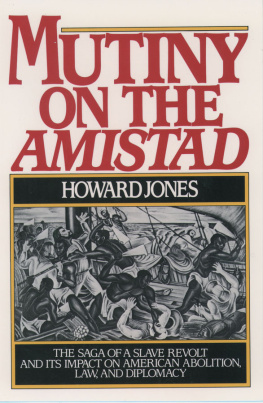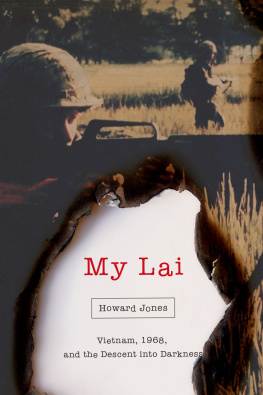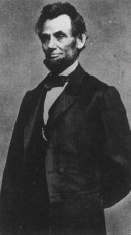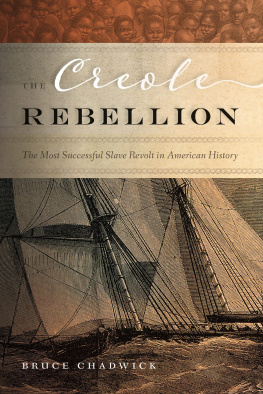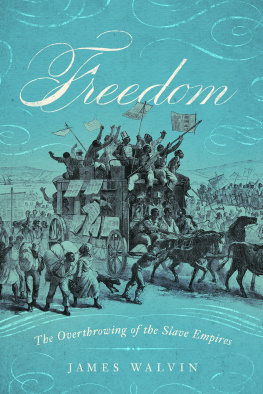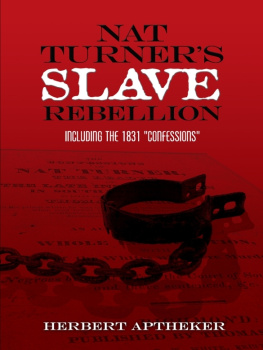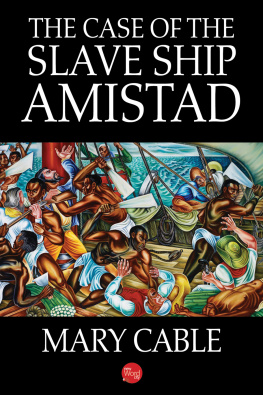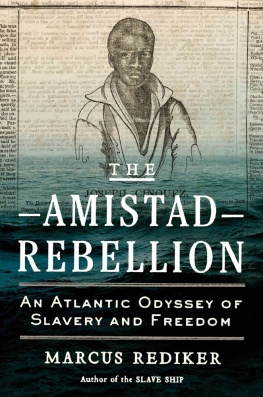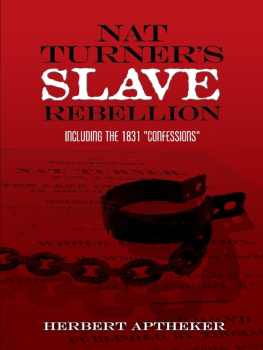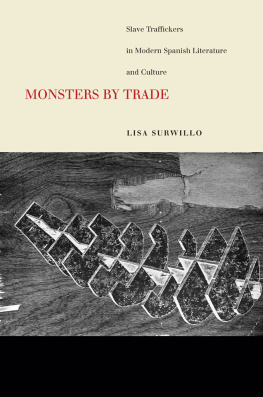Howard Jones - Mutiny on the Amistad: The Saga of a Slave Revolt and its Impact on American Abolition, Law, and Diplomacy
Here you can read online Howard Jones - Mutiny on the Amistad: The Saga of a Slave Revolt and its Impact on American Abolition, Law, and Diplomacy full text of the book (entire story) in english for free. Download pdf and epub, get meaning, cover and reviews about this ebook. year: 1987, publisher: Oxford University Press, genre: Romance novel. Description of the work, (preface) as well as reviews are available. Best literature library LitArk.com created for fans of good reading and offers a wide selection of genres:
Romance novel
Science fiction
Adventure
Detective
Science
History
Home and family
Prose
Art
Politics
Computer
Non-fiction
Religion
Business
Children
Humor
Choose a favorite category and find really read worthwhile books. Enjoy immersion in the world of imagination, feel the emotions of the characters or learn something new for yourself, make an fascinating discovery.
- Book:Mutiny on the Amistad: The Saga of a Slave Revolt and its Impact on American Abolition, Law, and Diplomacy
- Author:
- Publisher:Oxford University Press
- Genre:
- Year:1987
- Rating:3 / 5
- Favourites:Add to favourites
- Your mark:
Mutiny on the Amistad: The Saga of a Slave Revolt and its Impact on American Abolition, Law, and Diplomacy: summary, description and annotation
We offer to read an annotation, description, summary or preface (depends on what the author of the book "Mutiny on the Amistad: The Saga of a Slave Revolt and its Impact on American Abolition, Law, and Diplomacy" wrote himself). If you haven't found the necessary information about the book — write in the comments, we will try to find it.
In 1839, Joseph Cinque led other blacks in a revolt on the Spanish slave ship Amistad in the Caribbean. They steered the ship northward to Montauk, Long Island, where it was seized by an American naval vessel. With the Africans jailed in Connecticut and the Spaniards claiming violoation of
their porperty rights, an international controversy erupted. The Amistad affair united abolotionists in the U.S. and England, drove the White house into almost any means to quiet the issue, and placed the U.S. and Spain in a confrontation that threatened to involve England and Cuba. The
abolitionists, led by Lewis Tappan, Joshua Leavitt and others argued that equal justice was the central issue in the case. Appealing to natural law, evangelical arguments, and moral suasion in proclaiming slavery a sin, they sought to establish that all persons, black and white, has an inherent
right of liberty and thereby hoped to erase the color line that formed the racial foundation of slavery. In their eyes, the mutiny on the &IAmistad offered an ideal opportunity to awaken Americans to the injustice of slavery.
In this book, Howard Jones shows how the abolotionist argument put the laws of nature on trial in the U.S., as Tappan and the others refused to accept a legal system claiming to dispense justice while permitting artificial distinctions based on race or color. Jones vividly captures the
compelling drama that climaxed in a U.S. Supreme court ruling that freed the captivces and allowed them to return to Africa. He notes that many of the abolitionists were nonetheless dissatisfied with the decision because it had not rested on the law of nature; yet, he obseves, even they failed to
grasp the central importance of the affair: that Americas legal system had fulfilled its function of securing justice.
About the Author:
Howard Jones, is Professor of History at the University of Alabama and author of The Course of American Diplomacy and To the Webster-Ashburton Treaty.
Howard Jones: author's other books
Who wrote Mutiny on the Amistad: The Saga of a Slave Revolt and its Impact on American Abolition, Law, and Diplomacy? Find out the surname, the name of the author of the book and a list of all author's works by series.

